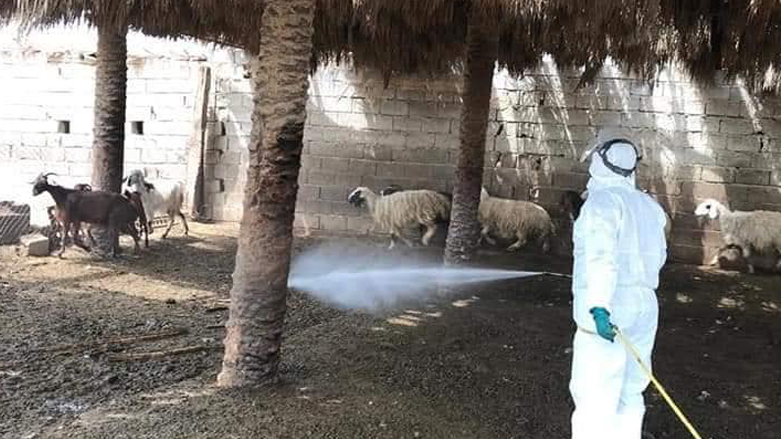Viral hemorrhagic fevers ‘under control’ following fatalities: Iraqi Agricultural Ministry
VHFs are transmitted through ticks. Once they enter a person’s bloodstream, symptoms can include high fevers or bleeding.

ERBIL (Kurdistan 24) – The Iraqi agricultural authorities announced on Thursday that viral hemorrhagic fevers (VHFs) are currently “under control” after the virus killed at least four people in the country, according to a statement.
Iraqi authorities were able to bring the health situation “under control” after spraying pesticides and supplying veterinarians with chemicals to kill the VHF-transmitting ticks, a statement from the Iraqi Agricultural Ministry announced on Thursday.
VHFs are transmitted through ticks. Once they enter a person’s bloodstream, symptoms can include high fevers or bleeding.
The announcement came after VHFs infected nearly 20 people and caused four deaths. There are no known cures or vaccines available for most VHFs.
Even though the Kurdistan Region hasn’t recorded any VHF cases, local authorities instructed animal breeders and slaughterhouses to strictly abide by the health guidelines to reduce the possibility of any potential outbreak.
The Iraqi ministry also warned against slaughtering animals outside officially-sanctioned facilities as a lack of medical supervision might increase the risk of an infectious disease outbreak.
People in the Kurdistan Region and Iraq consume large quantities of red meat, which is one of the main components of their diet.